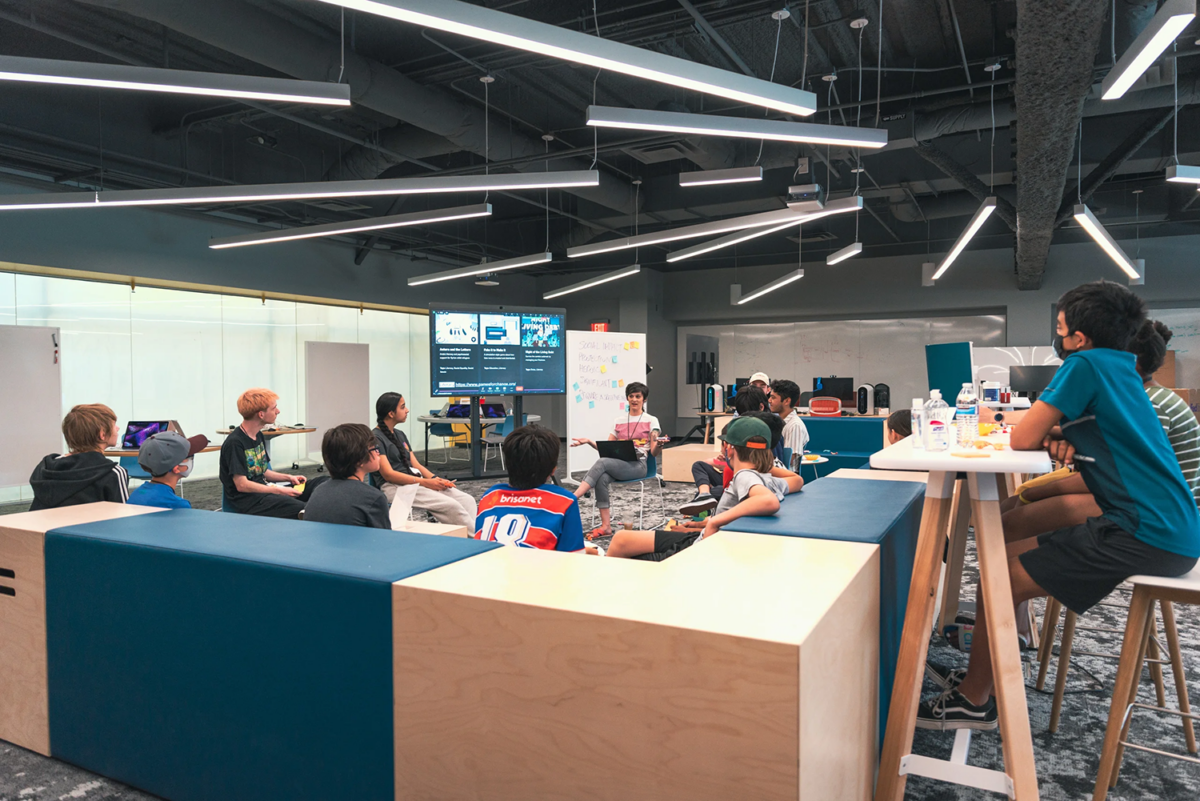
Next Lab
The convergence of AI, game technology and spatial computing is revolutionizing the world by creating unprecedented immersive and intelligent experiences. AI brings advanced data processing and decision-making capabilities, game technology offers rich, interactive environments, and spatial computing integrates digital and physical worlds seamlessly. Together, these technologies enhance user engagement and interactivity, enabling previously unimaginable applications.
“The future is not something we enter. The future is something we create. And creating that future requires us to imagine the possibilities, explore the unknown, and act with purpose. Our choices today shape the realities of tomorrow.”
Barbara Marx HubbardAmerican futurist, author, and founder of the Foundation for Conscious Evolution.
In education, this means more personalized and interactive learning experiences. In entertainment, it translates to more immersive and engaging content. In healthcare, it enables better diagnostics and treatment through enhanced visualization and interaction. This powerful combination will drive innovation across industries, fundamentally transforming how we live, work and interact with the world around us.
Please connect with us today.
Our models
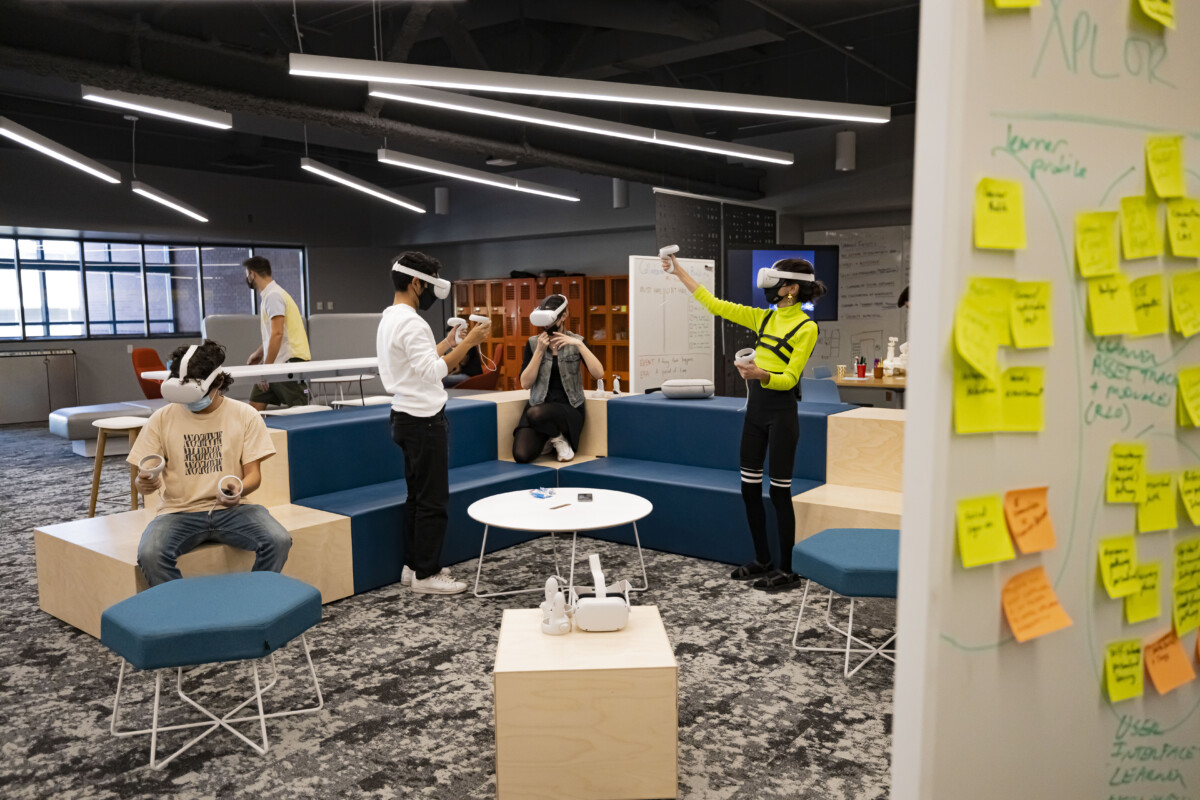
Workstyle model
Our organization operates a studio model similar to an ‘indie’ gaming studio or design house. We collaborate with partners to ideate using the latest technologies and skills. We assist our partners in budgeting and planning collaboration agreements that transform initial ideas into viable projects. Students from specialized skill guilds are then engaged to lead these projects, ensuring the delivery of critical milestones under the supervision of our project managers and subject matter experts.
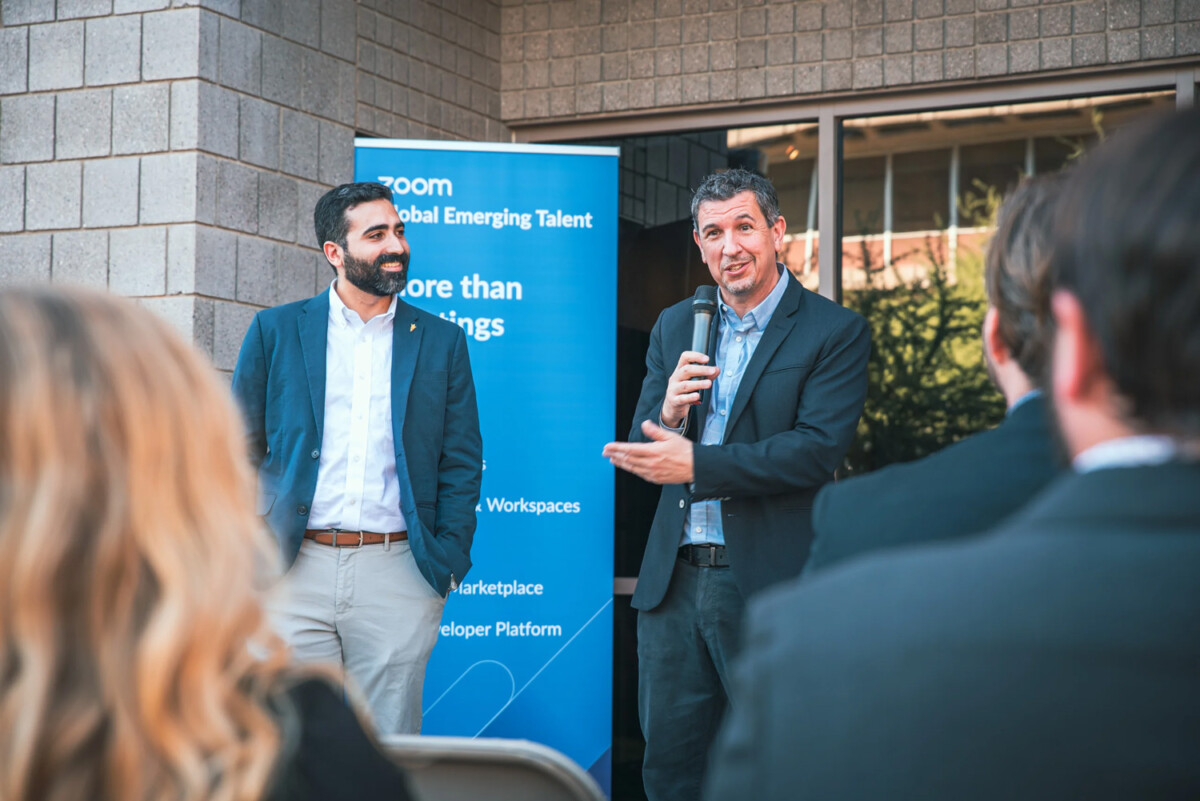
Funding model
The Next Lab operates with a mixed funding model. Our projects are financed through grants and industry partnerships, while the Office of the CIO supports our core team of three full-time employees. To ensure the lab’s long-term sustainability, we prioritize fundraising and aim to diversify our revenue sources to meet our future needs comprehensively.
Converging technologies: Focus areas
At the convergence of cutting-edge technologies, we explore how tools like game engines, AI, and spatial computing are reshaping industries and learning environments. Integrating interactive digital experiences with advanced data analysis and immersive simulations creates pathways to more engaging, adaptive, and efficient systems, driving innovation across education, business, and beyond.
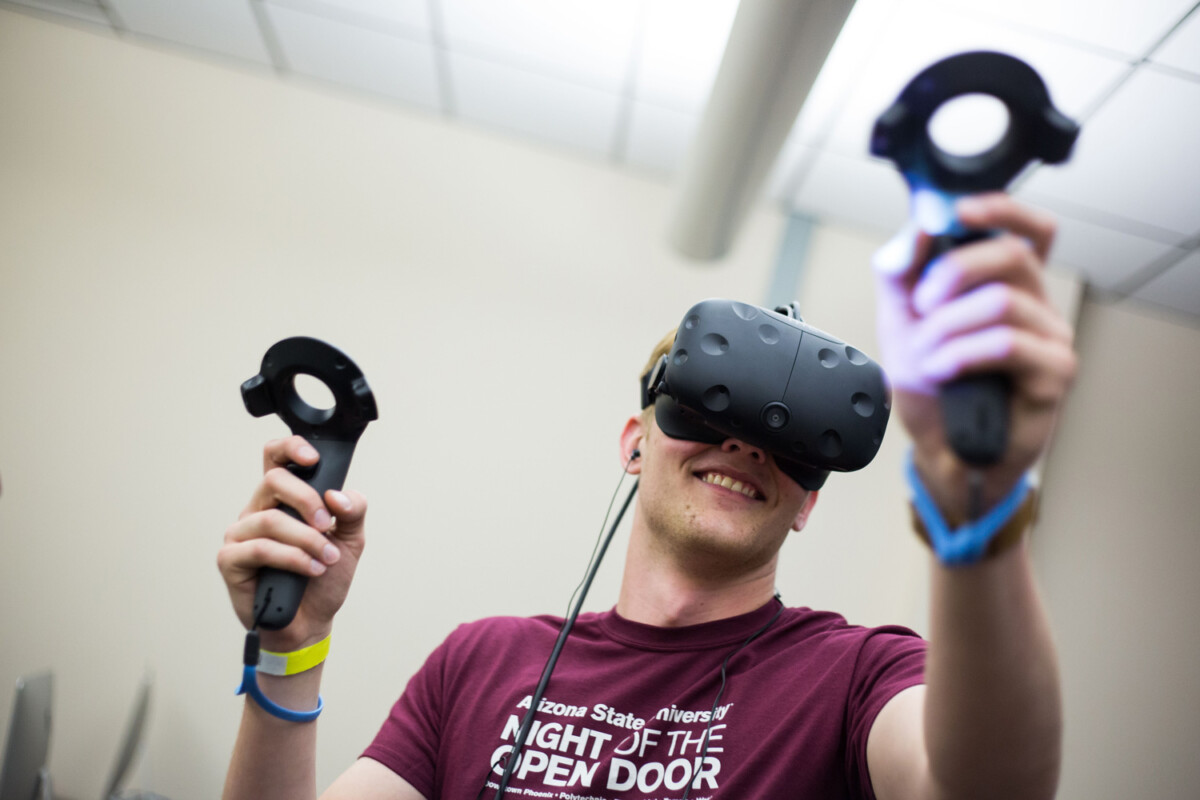
Game Technology
Game engines create rich digital experiences using game mechanics that captivate users. These engines can enhance agency in education and business, allowing users to control their environments. Intrinsic motivators, such as curiosity and mastery, keep us engaged, while flow design balances challenges and skills to sustain purposeful engagements.
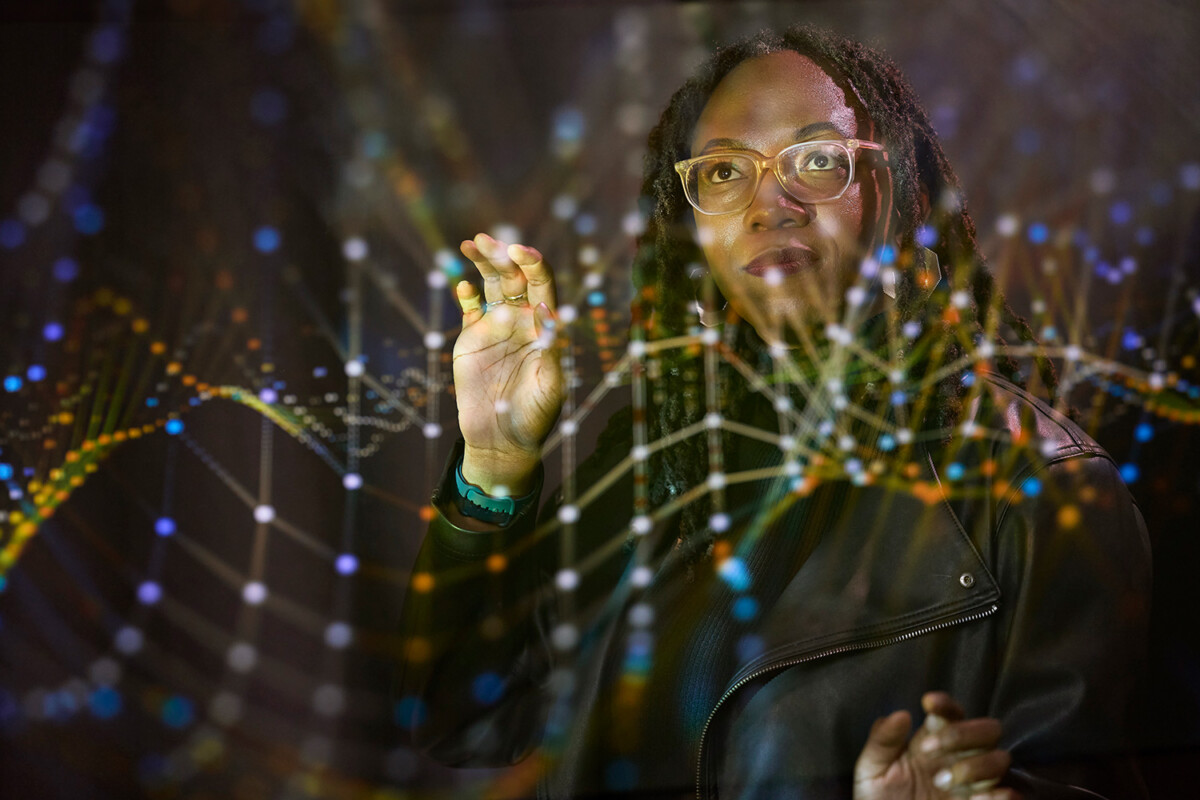
Artificial Intelligence
Integrating deep learning, multimodality, NLP, machine learning, and LLMs can significantly enhance learning by providing personalized and adaptive experiences. Deep learning and NLP tailor content to individual needs, while multimodality supports diverse learning styles, enabling sophisticated interactions and customized learning environments.
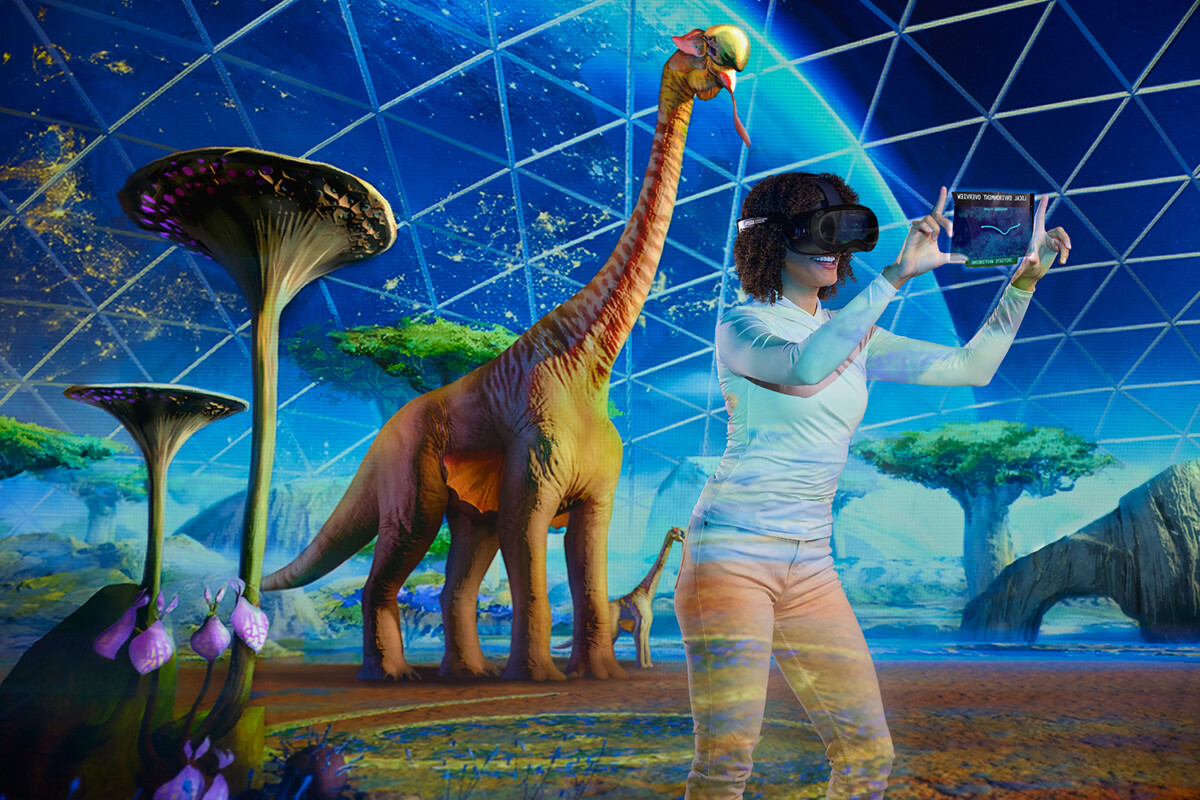
Spatial Computing
Spatial computing and real-time 3D are offering significant societal benefits. VR/AR enhances experiences in entertainment, education, and healthcare. The Metaverse enables new forms of socialization, collaboration, and commerce. Digital Twins improve industry efficiency by creating virtual models of physical systems, while immersive learning provides realistic training and transforms education.
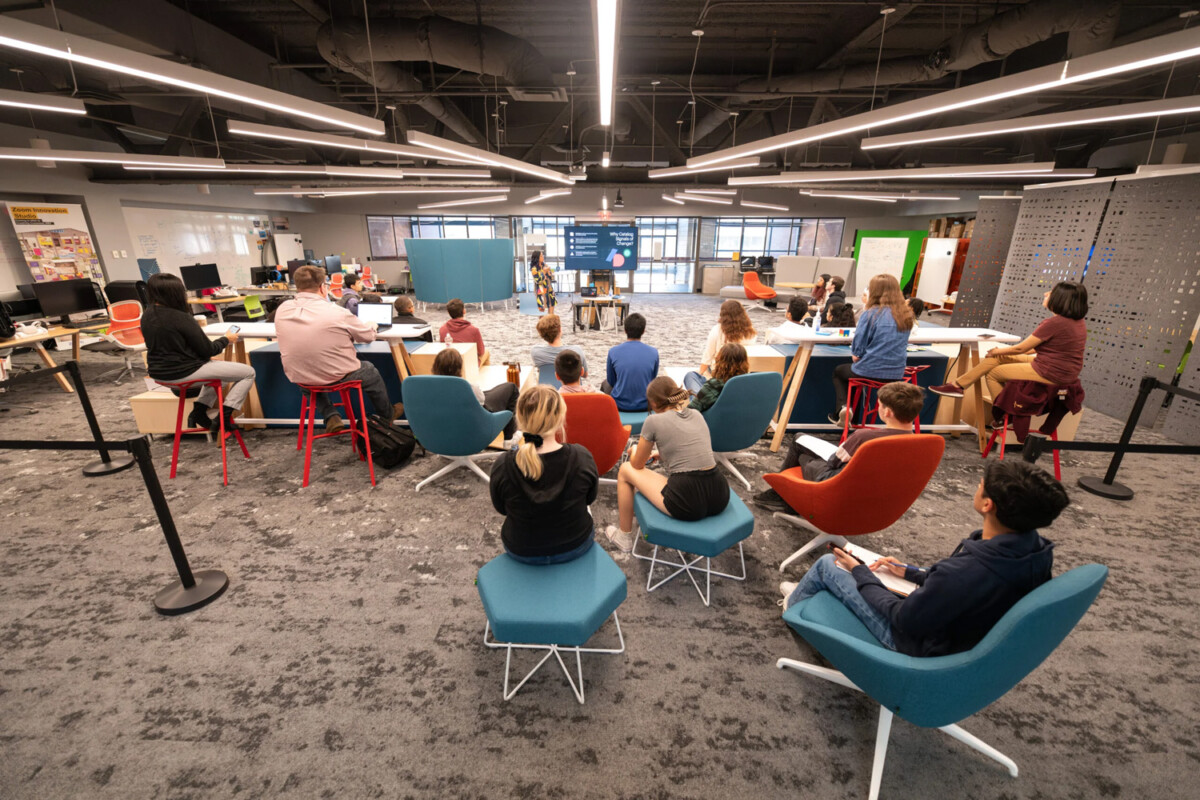
An observatory for signals of change
At Next Lab, we actively track and analyze emerging trends in technology, education, and society—signals of change that guide us in shaping the future. By recognizing these shifts early, we create innovative solutions that anticipate tomorrow’s challenges and opportunities, helping build a more inclusive, sustainable world.
We invite you to join us in this mission. Have you noticed a trend or shift that could impact the future? Submit a signal of change to our growing database and contribute to the collective effort of designing a better tomorrow for all.
Emerging approaches: Ways of working
In a rapidly changing world, we employ forward-thinking methodologies like futures thinking, principled innovation, and embodied learning to help organizations and individuals navigate uncertainty. Our emphasis on adaptability, ethical decision-making and diverse learning approaches fosters resilience and prepares you for the complex challenges of tomorrow.

Futures thinking
Signals of change, foresight/insight, pattern recognition, and looking back to look forward techniques equip organizations to anticipate change, prepare for future scenarios, identify trends, and learn from past events, fostering informed decision-making and strategic adaptability in an ever-evolving landscape.

Principled innovation
Principled innovation fosters anticipation, reflexivity, inclusion, and responsiveness, enabling us to proactively address challenges, continually improve, embrace diverse perspectives, and adapt swiftly to ensure ethical, effective, and sustainable solutions.

Embodied learning
Embodied learning leverages sensorimotor systems and recognizes neurodiversity, transforming education by valuing physical interaction and diverse cognitive approaches. This immersive method fosters more profound understanding and inclusivity, challenging traditional views that often prioritize abstract, uniform learning processes.

Learner agency
Heutagogy, self-efficacy, meta-cognition, self-determined, and rhizomatic learning empower 21st-century learners by fostering
autonomy, reflective thinking, and adaptive, interconnected knowledge. These approaches align with the demands of our information-rich world, enhancing lifelong learning and problem-solving skills.